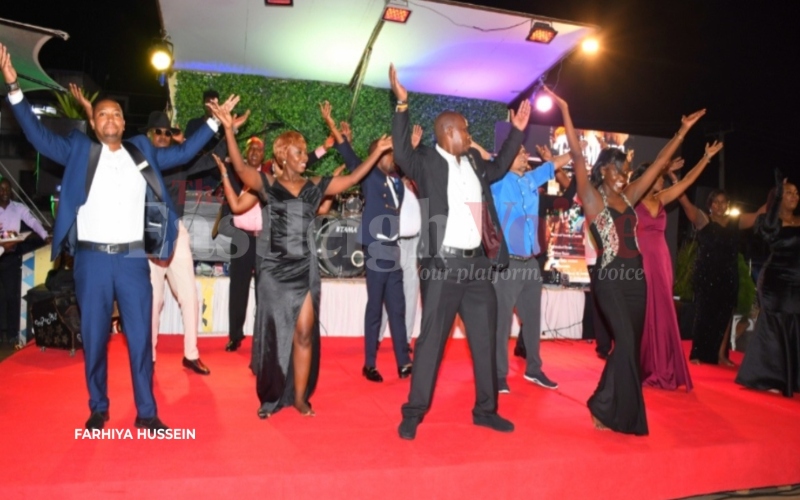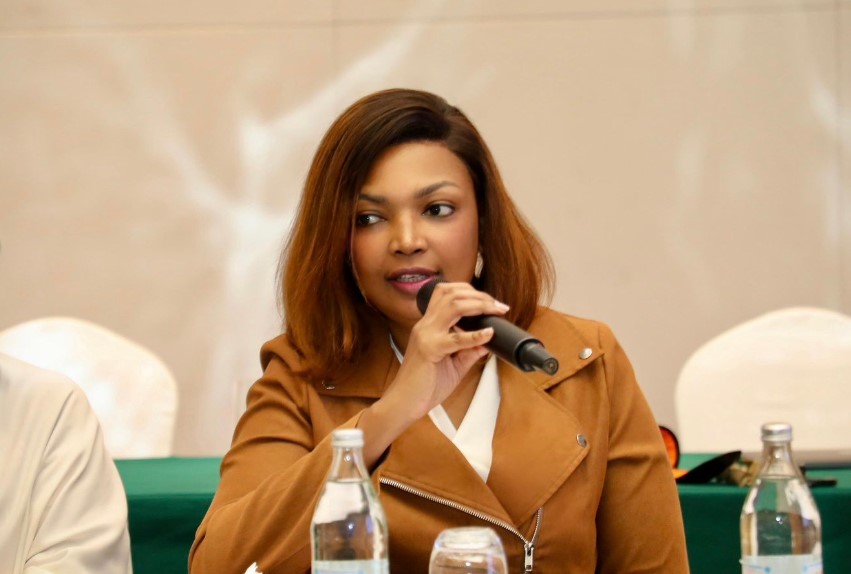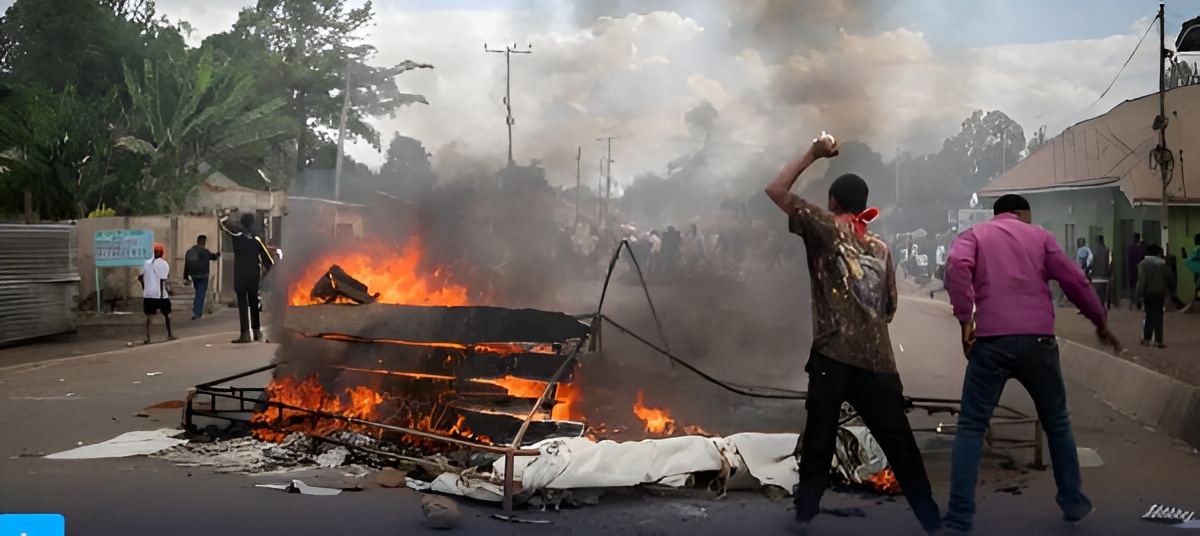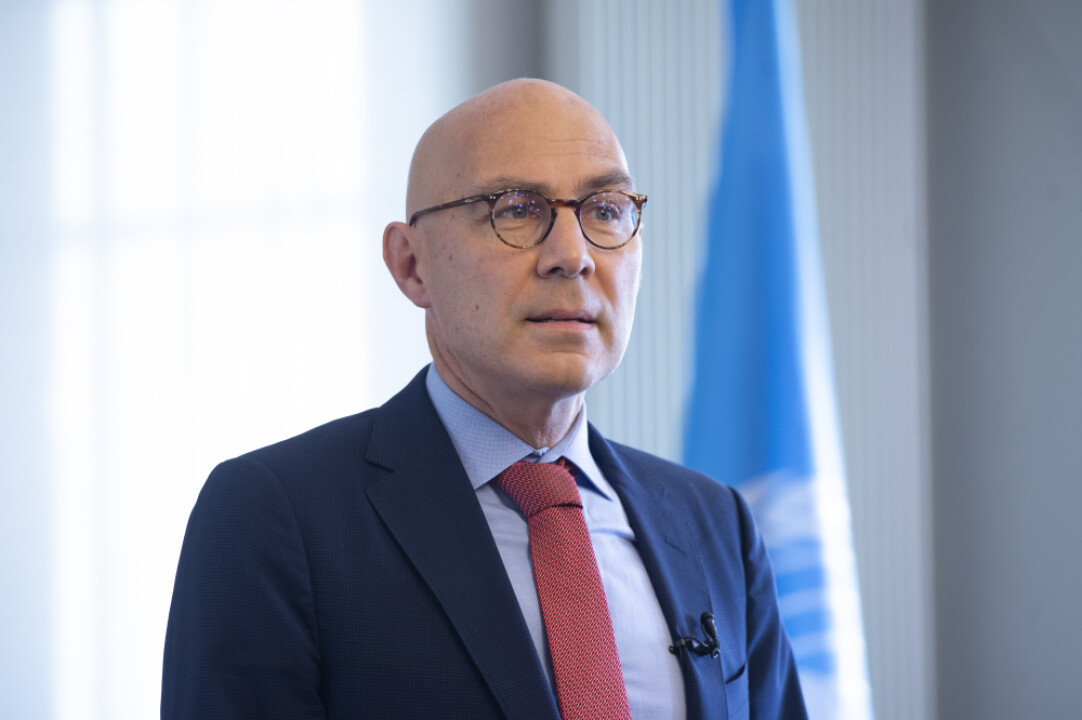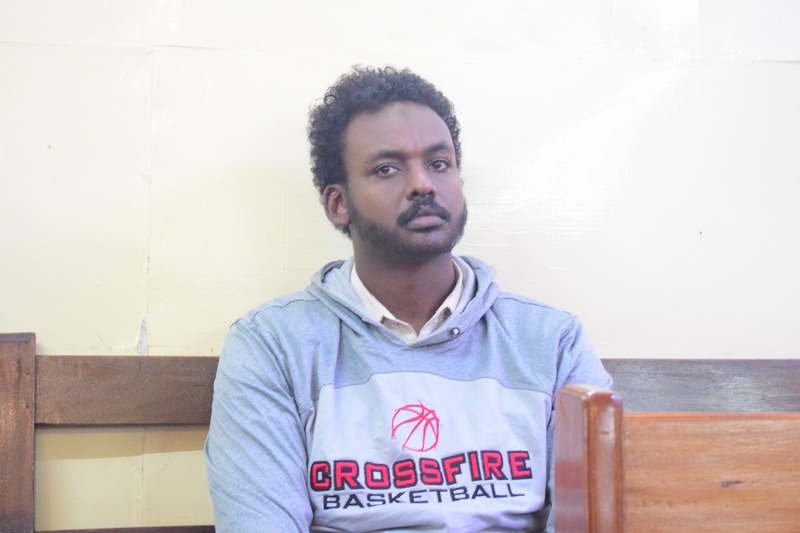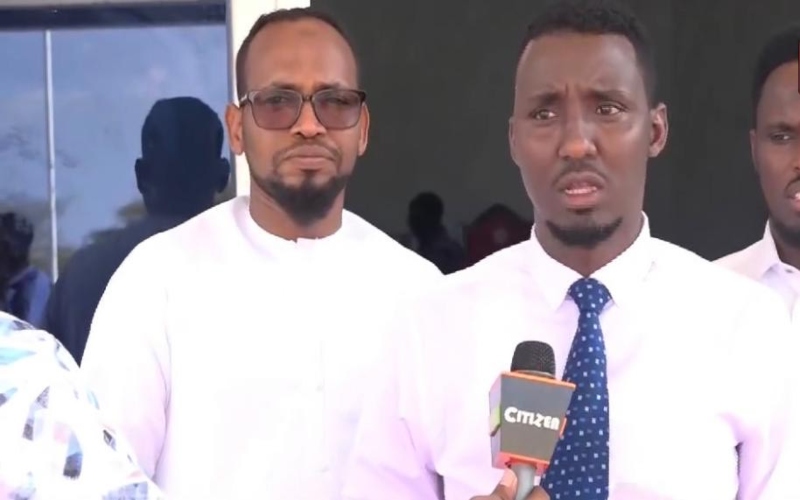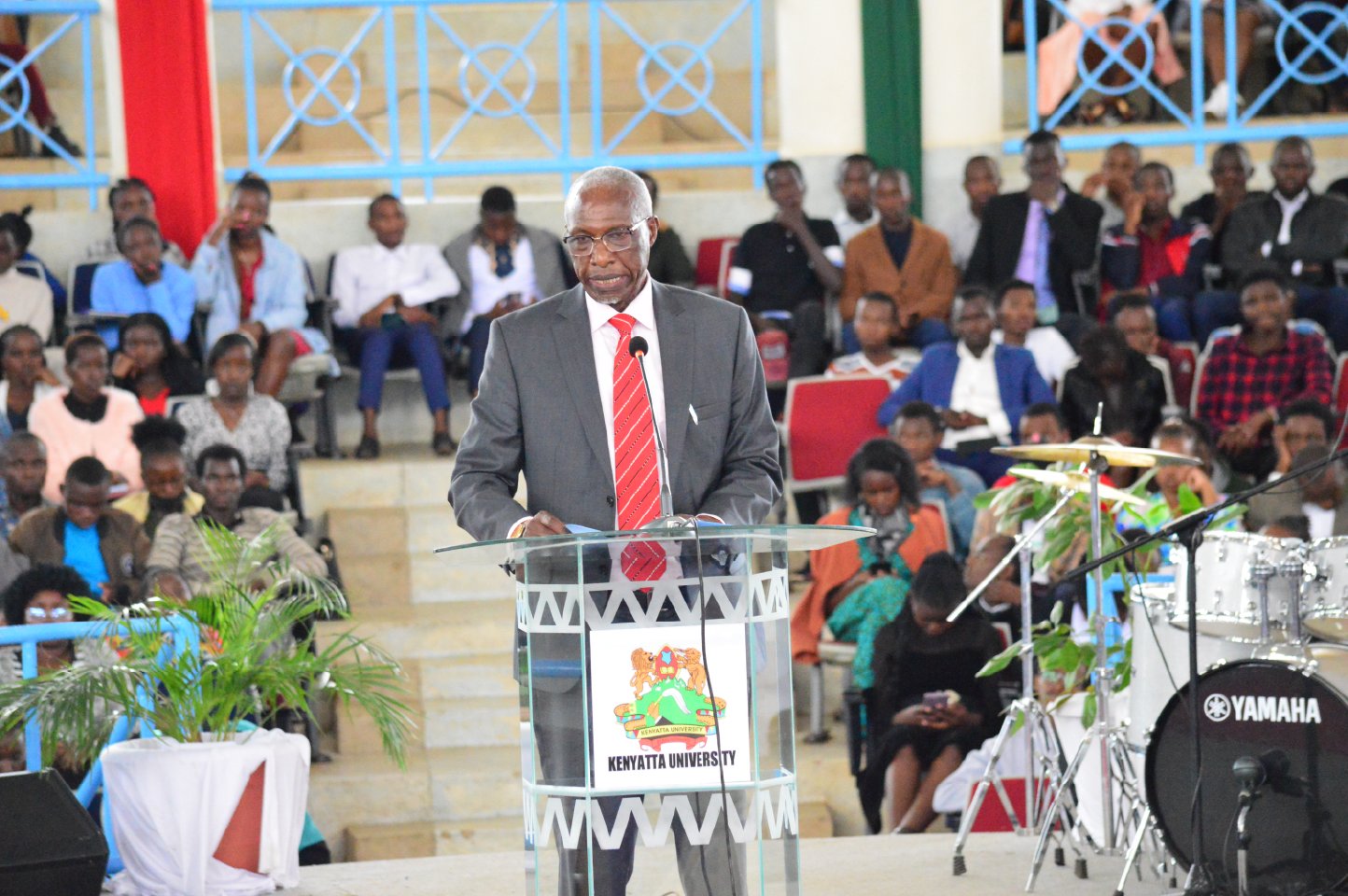Parliament to fast-track electoral laws ahead of 2027 polls, says Wetang’ula
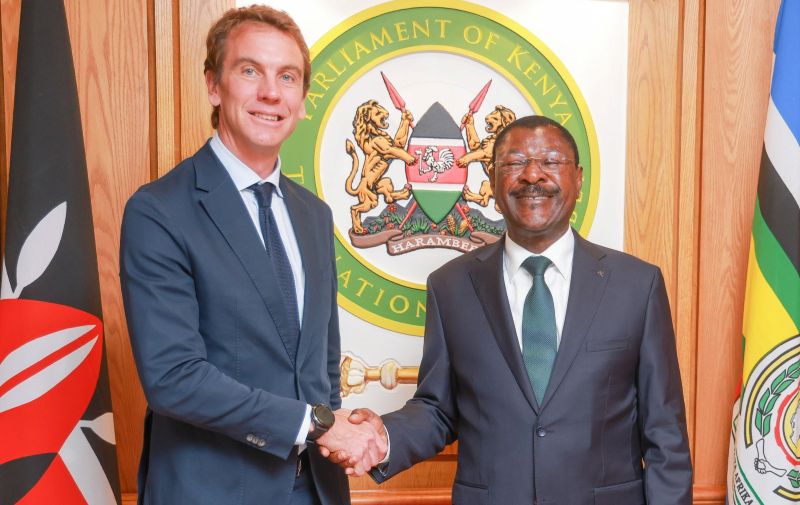
Wetang’ula emphasised the need to rebuild confidence in the electoral body, urging the new commissioners to engage openly with the public and demonstrate impartiality in their work.
National Assembly Speaker Moses Wetang’ula said that Parliament will fast-track all pending electoral laws to ensure the Independent Electoral and Boundaries Commission (IEBC) is adequately prepared for the 2027 General Election.
During discussions with British High Commission Chargé d’Affaires Ed Barnett at Parliament Buildings on Wednesday, Wetang’ula said the legislature has resolved to complete the review of all election-related amendments within the next few months.
More To Read
- IEBC blames police officers for by-election violence, maintains poll largely successful
- Why voter registration in by‑election zones will resume after 28 days
- IEBC gazettes Mbeere North’s MP-elect Wamuthende and other by-election winners
- Church leaders warn of by-election violence ahead of 2027 polls
- IEBC urges media to report factually amid election scrutiny
- LSK condemns violence in by-elections, warns of gaps ahead of 2027 polls
He warned against the trend of making critical legal changes close to a general election, saying such delays hurt the credibility of the electoral process.
“Election-related amendments don’t originate from us, but as House leadership, we’ve resolved that within the next two to three months, we’ll be done with them. We cannot be reviewing laws six or seven months before a general election,” the Speaker said.
Wetang’ula emphasised the need to rebuild confidence in the electoral body, urging the new commissioners to engage openly with the public and demonstrate impartiality in their work.
“The public has high expectations ahead of the upcoming by-elections. The pressure will be immense, but the chairperson and commissioners must remain firm,” he said.
The Speaker noted that a boundary review will not take place before 2027 because of limited time and funds, but encouraged the IEBC to channel its energy towards registering new voters.
He said expanding voter registration is vital to improving citizen participation in governance. “By not voting, you lose the moral ground to make demands on elected leaders. Let’s respect the sanctity of building a nation and strengthen credibility in our institutions,” Wetang’ula said.
Barnett said the United Kingdom remains a committed partner in supporting Kenya’s electoral readiness. He revealed that through partnerships with civil society, the UK is assisting the IEBC to develop a communication strategy that will enhance transparency and information flow during the election period.
“We supported the induction of the new commissioners and will continue to channel our limited resources to strengthen their systems,” the envoy said.
The two leaders also discussed governance and accountability, with Wetang’ula pointing to the newly enacted Conflict of Interest Act, 2025, as an important tool in the fight against corruption.
He called on the Judiciary to handle corruption cases more efficiently to ensure justice is served without delay.
“The Judiciary must reduce the time it takes to conclude cases. Timelines should be set and respected,” he stated.
Their talks also explored how to elevate the Kenya-UK relationship from one built on aid to one anchored on trade and mutual investment. Wetang’ula urged the UK government to take advantage of Kenya’s growing mining sector and expand private-sector cooperation.
“The UK has been a dependable partner since independence. We now want to build a stronger trade partnership anchored on mutual growth,” he said.
He, however, raised concern over the stringent visa procedures for Kenyans seeking to study or work in the UK, saying the process remains discouraging for many.
“There are many students who wish to study in the UK, but the visa process is too complex. We should leverage our Commonwealth connection to ease this,” he said.
In response, Barnett acknowledged the concern and pledged to collaborate with Kenyan institutions to make the process smoother.
The envoy also delivered a condolence message to Kenyans following the death of former Prime Minister Raila Odinga, commending the government for the honour given to him.
Wetang’ula paid tribute to Raila, describing him as a national figure who stood for unity and reconciliation even after fierce political contests.
“Raila never carried grudges. After the fiercest political battles, he always put the country first,” Wetang’ula said.
The meeting took place on the final day of the official mourning period for Raila, remembered as a liberation hero and an enduring symbol of democratic struggle.
Top Stories Today
